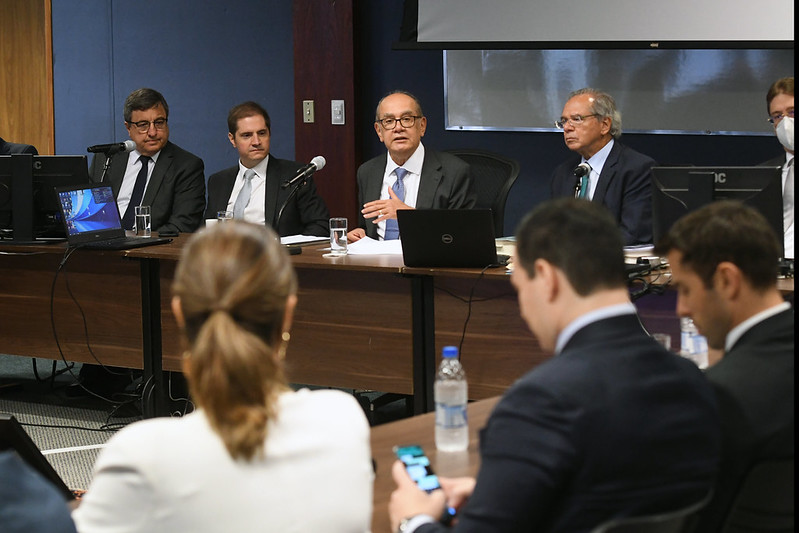The winners of this year’s gubernatorial elections are expected to start their terms in 2023 facing empty coffers.
States’ financial difficulties are a product not only of the pandemic and the country’s recent sluggish growth, but also due to electoral measures approved by Congress and sanctioned by President Jair Bolsonaro that aimed to tame inflation – which has fallen but remains high.
Two pieces of legislation approved earlier this year aimed at reducing fuel prices nationwide by cutting state-level taxes on goods and services (ICMS).
The first, enacted in March, altered the way the tax is calculated, setting a fixed rate per liter as opposed to the existing variable model — which saw rates rise when prices soared. A second piece of legislation, passed in June, capped the tax levied on energy, telecommunications, and fuels at 18 percent. It previously sat at 25 percent in most states and at 32 percent in Rio de Janeiro.
States warned about the level of “sacrifice” the move would require. Comsefaz, a council of state finance secretaries, said the losses reached BRL 7.4 billion (USD 1.4 billion) in September alone. If the legislation is...


 Search
Search






































